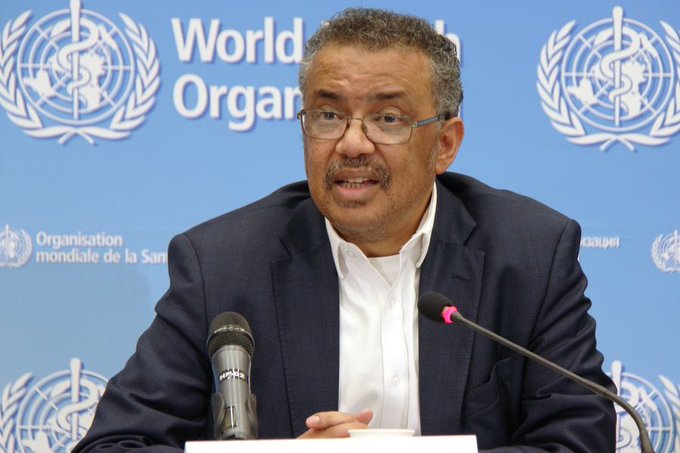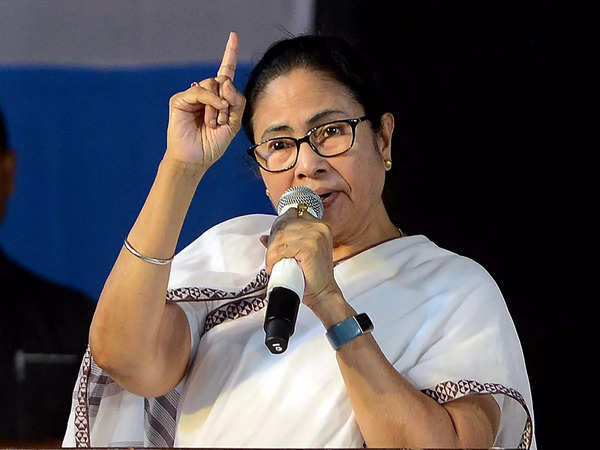The World Health Organization (WHO) has expressed its hope that the United States will reconsider its decision to withdraw from the global health body, following an announcement by President Donald Trump. In a statement issued on Monday, Dr. Tedros Adhanom Ghebreyesus, WHO Director-General, emphasized the importance of maintaining the partnership between the U.S. and the WHO and called for constructive dialogue.
Trump’s decision to exit the WHO was driven by his dissatisfaction with the organization’s handling of the COVID-19 pandemic and other international health crises. He highlighted concerns over the WHO’s response and leadership during these critical times.
The WHO, however, has underscored the significant contributions that American institutions have made to global health initiatives through their membership. The organization expressed regret over the U.S. departure and urged the country to reconsider its decision, stressing the potential negative impact on global health and well-being.
Founded in 1948, the WHO is the United Nations agency responsible for promoting health and coordinating international health efforts. The organization’s budget is primarily funded through two sources: assessed contributions from member states and voluntary contributions from governments, intergovernmental organizations, philanthropic foundations, and private-sector partners.
The U.S. has traditionally been one of the largest contributors to the WHO. In the period from 2020 to 2021, the United States contributed approximately $693 million, making it the third-largest donor, following Germany and the Bill & Melinda Gates Foundation. These funds have been crucial in supporting the WHO’s efforts, particularly in response to the COVID-19 pandemic.
Dr. Tedros highlighted the pivotal role the U.S. has played as a founding member of the WHO since its inception. He pointed out that, together with other member states, the WHO and the U.S. have made significant strides in eradicating diseases like smallpox and advancing the fight against polio. The WHO’s reforms over the past seven years, aimed at improving accountability, cost-effectiveness, and impact, have also been made possible with active U.S. participation.
India, another major contributor to the WHO, is among the top ten global funders. From 2025 to 2028, India has pledged more than $300 million for the WHO’s core program, with a significant portion allocated for the Centre of Excellence for Traditional Medicine.
In India, the WHO has played a key role in supporting health initiatives, such as the Pulse Polio Immunization Campaign and Mission Indradhanush, and has been instrumental in the COVID-19 response and vaccination efforts.
Sudarshan Jain, Secretary-General of the Indian Pharmaceutical Alliance, commented on the U.S. withdrawal, stating that despite this, the relationship between India and the U.S. continues to strengthen. He noted that healthcare security and affordability are crucial priorities for the Trump administration and that there is an opportunity for the U.S. and India to collaborate more closely in these areas to advance global healthcare goals.
The WHO’s appeal to the U.S. is a reminder of the ongoing importance of international cooperation in safeguarding global health and addressing future health challenges.






